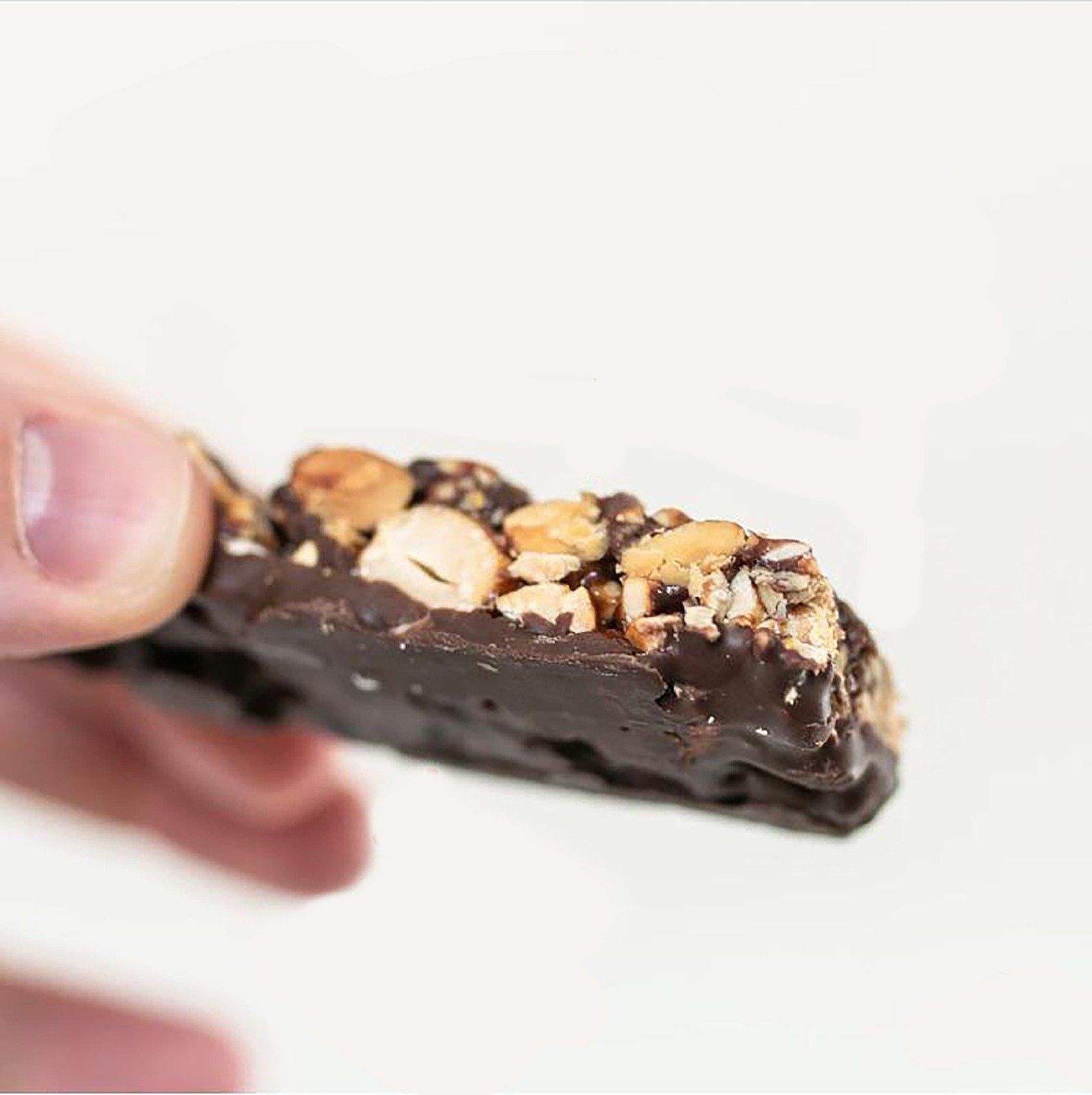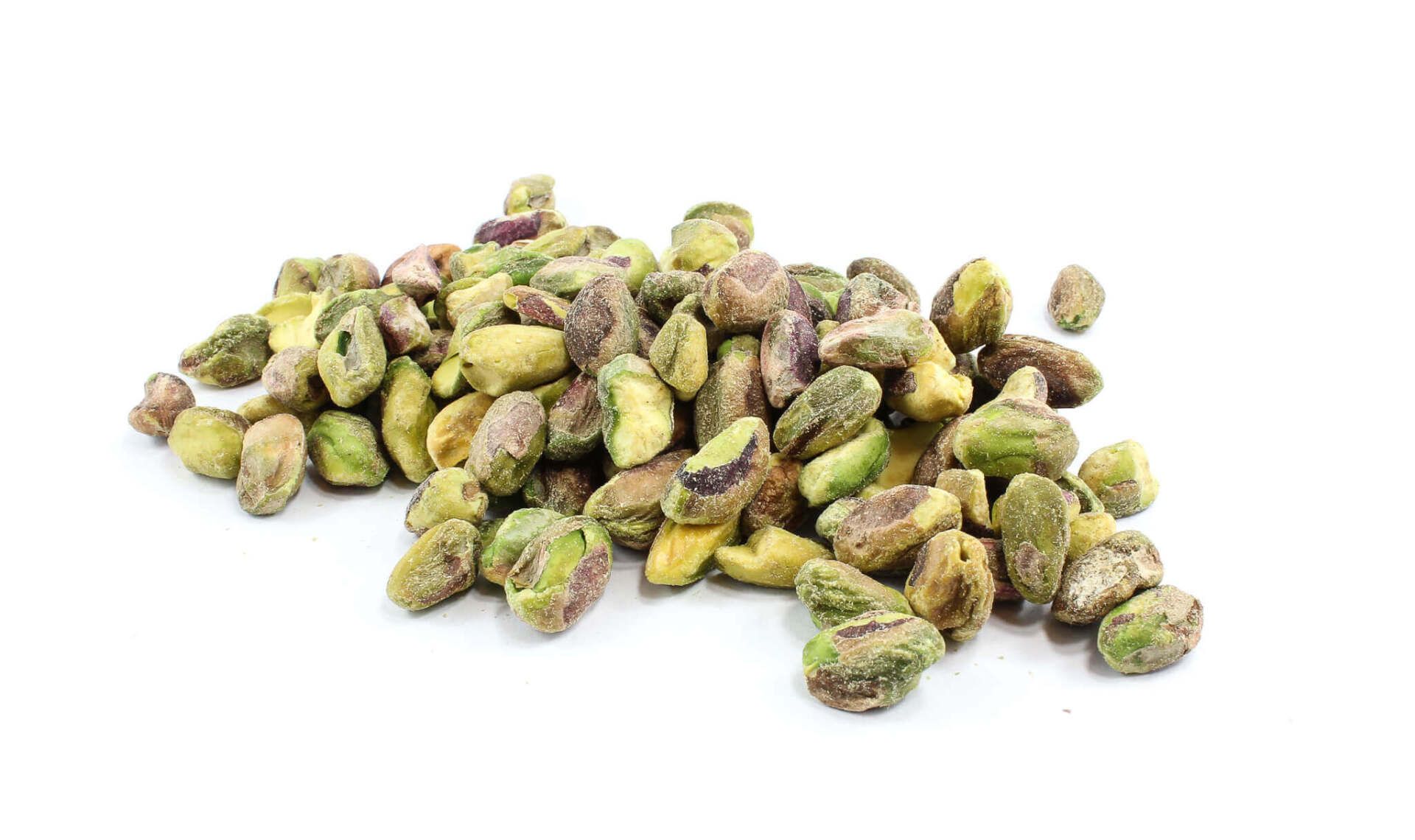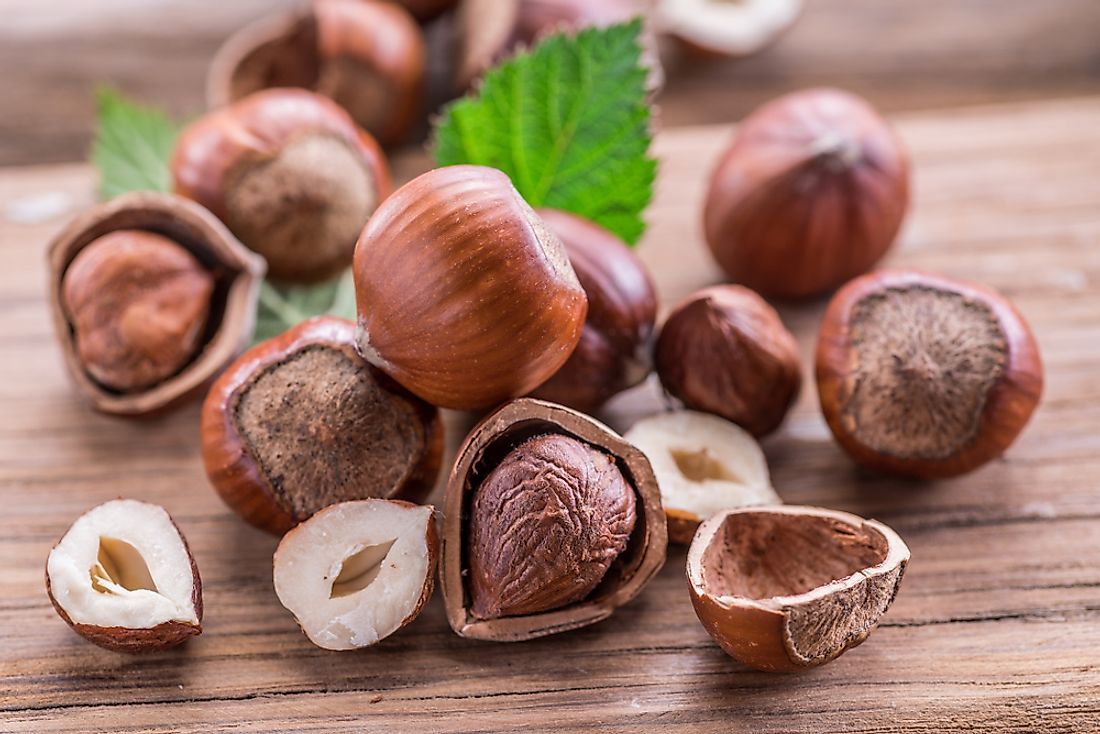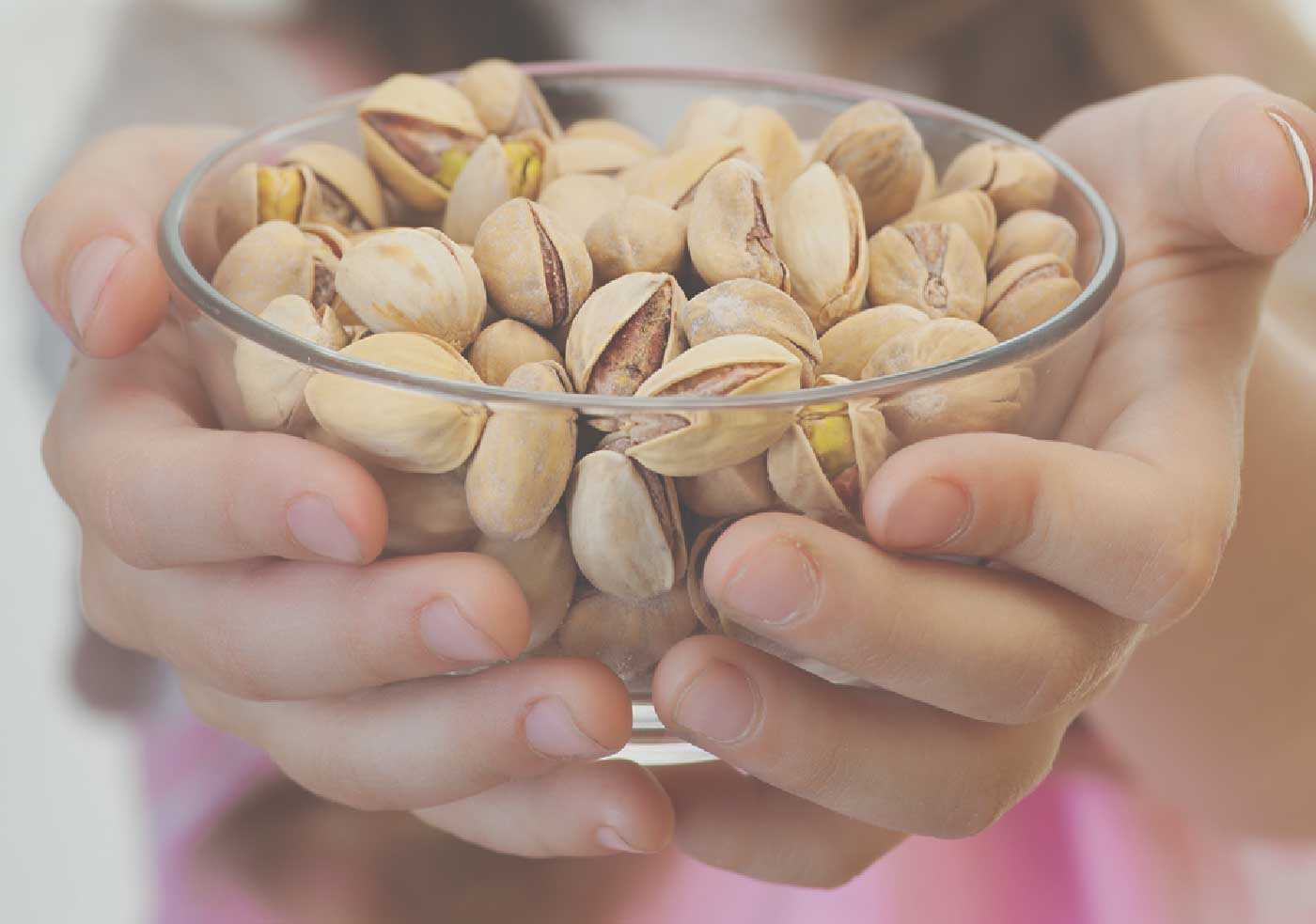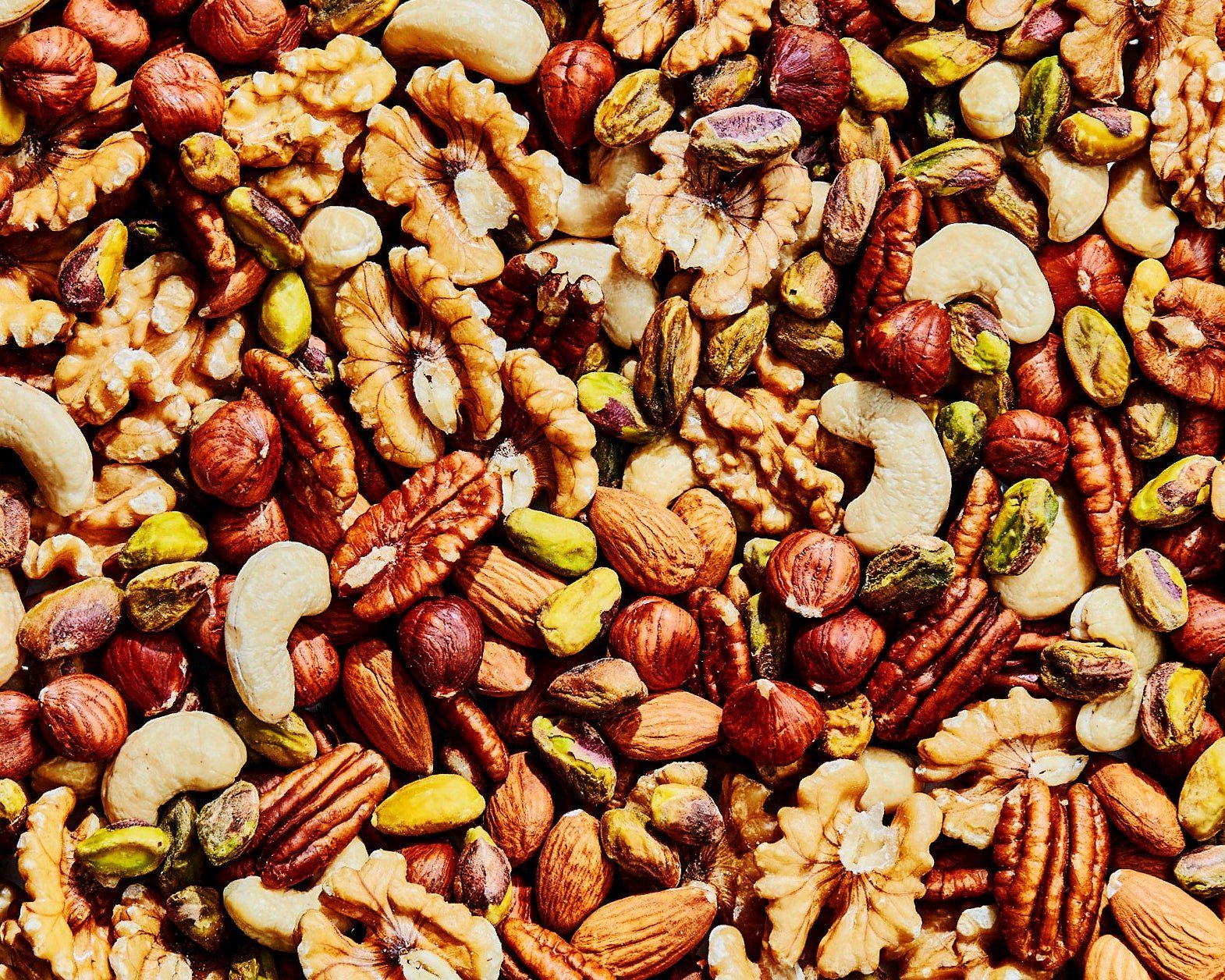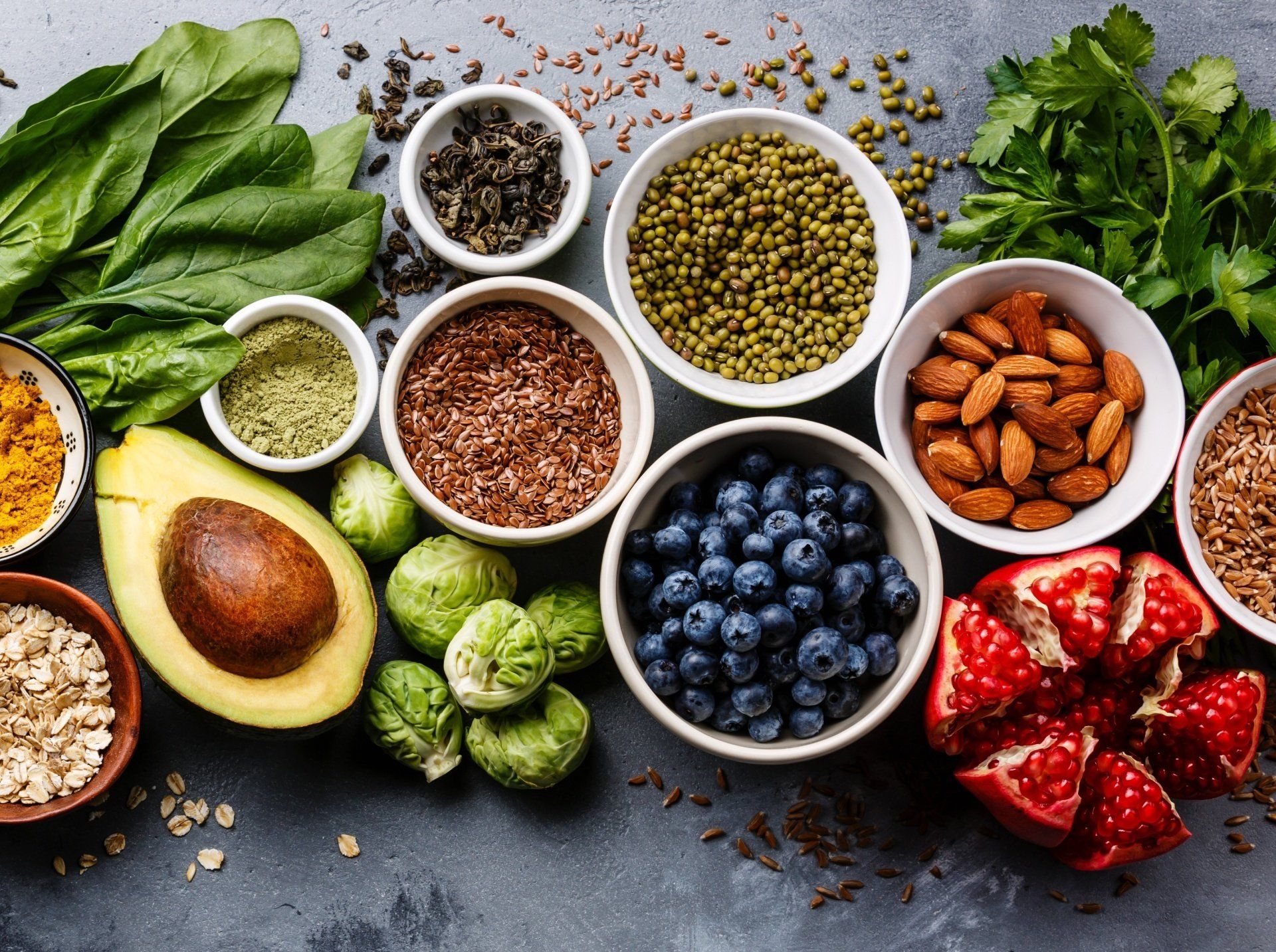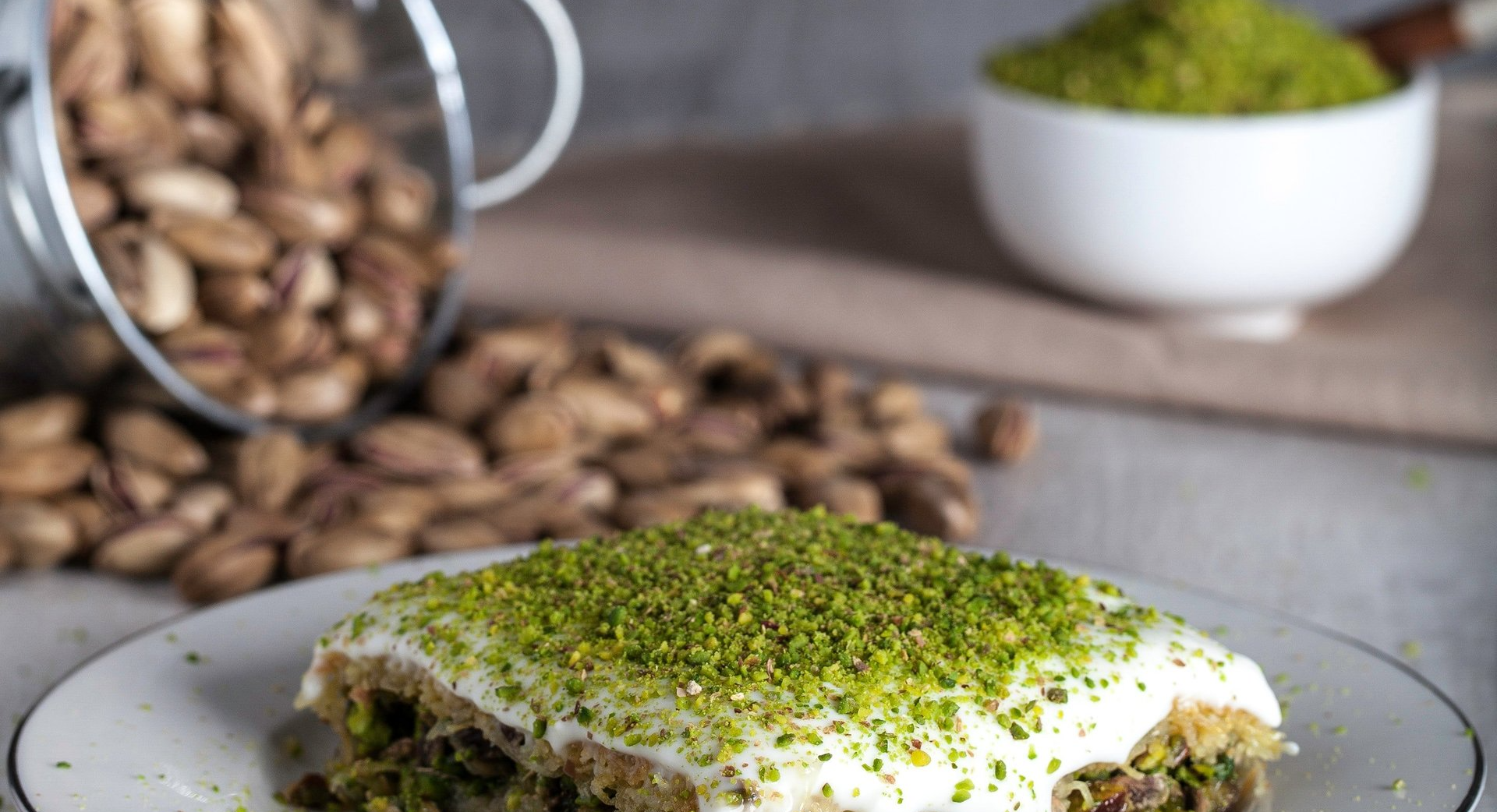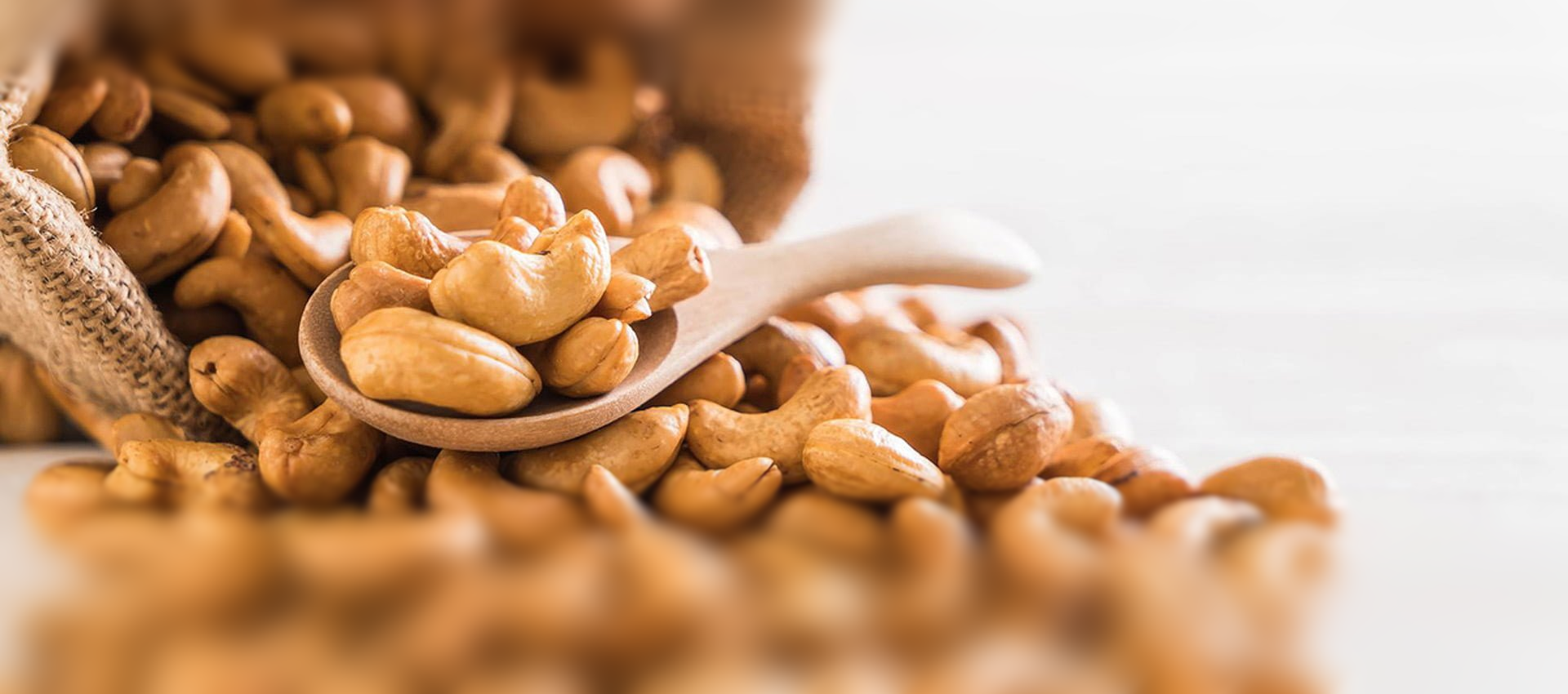9 Health Benefits of Pistachios
Pistachio nuts are not only tasty and fun to eat but also super healthy.
These edible seeds of the Pistacia vera tree contain healthy fats and are a good source of protein, fiber, and antioxidants.
What’s more, they contain several essential nutrients and can aid weight loss and heart and gut health.
Interestingly, people have been eating pistachios since 7000 BC. Nowadays, they’re very popular in many dishes, including ice cream and desserts.
Here are 9 evidence-based health benefits of pistachios.
Pistachios are very nutritious, with a 1-ounce (28-gram) serving of about 49 pistachios containing the following:
- Calories: 159
- Carbs: 8 grams
- Fiber: 3 grams
- Protein: 6 grams
- Fat: 13 grams (90% are unsaturated fats)
- Potassium: 6% of the Reference Daily Intake (RDI)
- Phosphorus: 11% of the RDI
- Vitamin B6: 28% of the RDI
- Thiamine: 21% of the RDI
- Copper: 41% of the RDI
- Manganese: 15% of the RDI
Notably, pistachios are one of the most vitamin B6-rich foods around.
Vitamin B6 is important for several bodily functions, including blood sugar regulation and the formation of hemoglobin, a molecule that carries oxygen in red blood cells.
Pistachios are also rich in potassium, with one ounce containing more potassium than half of a large banana.
SUMMARY
Pistachios are high in protein, fiber, and antioxidants. They also boast several other important nutrients, including vitamin B6 and potassium.
Antioxidants are vital to your health.
They prevent cell damage and play a key role in reducing the risk of disease, such as cancer.
Pistachios contain more antioxidants than most other nuts and seeds. In fact, only walnuts and pecans contain more.
In one 4-week study, participants who ate either one or two servings of pistachios per day had greater levels of lutein and γ-Tocopherol, compared with participants who did not eat pistachios.
Among nuts, pistachios have the highest content of lutein and zeaxanthin, both of which are very important antioxidants for eye health.
They protect your eyes from damage caused by blue light and age-related macular degeneration, a condition in which your central vision is impaired or lost.
Furthermore, two of the most abundant groups of antioxidants in pistachios — polyphenols and tocopherols — may help protect against cancer and heart disease.
Interestingly, the antioxidants in pistachios are very accessible in the stomach. Therefore, they are more likely to be absorbed during digestion.
SUMMARY
Pistachios are among the most antioxidant-rich nuts around. They’re high in lutein and zeaxanthin, both of which promote eye health.
While eating nuts has many health benefits, they’re typically high in calories.
Fortunately, pistachios are among the lowest-calorie nuts.
One ounce (28 grams) of pistachios contains 159 calories, compared with 185 calories in walnuts and 193 calories in pecans.
With protein comprising about 20% of their weight, pistachios are second only to almonds when it comes to protein content.
They also have a higher ratio of essential amino acids — the building blocks of protein — than any other nut.
These amino acids are considered essential because your body cannot make them, so you must obtain them from your diet.
Meanwhile, other amino acids are considered semi-essential, meaning that they can be essential under certain circumstances, depending on the health of the individual.
One of these semi-essential amino acids is L-arginine, which accounts for 2% of the amino acids in pistachios. It’s converted into nitric oxide in your body, which is a compound that causes your blood vessels to dilate, aiding blood flow.
SUMMARY
Pistachios contain fewer calories and more protein than most other nuts. Also, their essential amino acid content is higher than any other nut.
Despite being an energy-dense food, nuts are one of the most weight-loss-friendly foods.
While few studies have looked at the effects of pistachios on weight, those that exist are promising.
Pistachios are rich in fiber and protein, both of which increase feelings of fullness and help you eat less.
In one 12-week weight loss program, those who ate 1.9 ounces (53 grams) of pistachios per day as an afternoon snack had twice the reduction in body mass index, compared with those who ate 2 ounces (56 grams) of pretzels per day.
Moreover, another 24-week study in individuals with excess weight showed that those who consumed 20% of calories from pistachios lost 0.6 inches (1.5 cm) more from their waistlines than those who did not eat pistachios.
One factor possibly contributing to pistachios’ weight loss properties is that their fat content might not be fully absorbed.
In fact, studies have demonstrated the malabsorption of fats from nuts. This is because part of their fat content is stuck within their cell walls, preventing it from being digested in the gut.
What’s more, shelled pistachios are good for mindful eating, as shelling the nuts takes time and slows the rate of eating. The leftover shells also give you a visual clue of how many nuts you have eaten.
One study showed that individuals who ate in-shell pistachios consumed 41% fewer calories than individuals who ate shelled pistachios.
SUMMARY
Eating pistachio nuts may aid weight loss. In-shell pistachios are especially beneficial, as they promote mindful eating.
Pistachios are high in fiber, with one serving containing 3 grams.
Fiber moves through your digestive system mostly undigested, and some types of fiber are digested by the good bacteria in your gut, acting as prebiotics.
Gut bacteria then ferment the fiber and convert it into short-chain fatty acids, which may have several health benefits, including a reduced risk of developing digestive disorders, cancer, and heart disease.
Butyrate is perhaps the most beneficial of these short-chain fatty acids.
Eating pistachios has been shown to increase the number of butyrate-producing bacteria in the gut to a greater extent than eating almonds.
SUMMARY
Pistachios are high in fiber, which is good for your gut bacteria. Eating pistachios may increase the number of bacteria that produce beneficial short-chain fatty acids like butyrate.
Pistachios may reduce your risk of heart disease in various ways.
In addition to being high in antioxidants, pistachios may lower blood cholesterol and improve blood pressure, thus lowering your risk of heart disease.
In fact, several studies have demonstrated the cholesterol-lowering effects of pistachios.
Many studies on pistachios and blood lipids are conducted by replacing part of the calories in a diet with pistachios. Up to 67% of these studies have shown reductions in total and LDL (bad) cholesterol and increases in HDL (good) cholesterol.
Meanwhile, none of these studies observed that eating pistachios harmed the blood lipid profile.
One 4-week study in people with high LDL cholesterol had participants consume 10% of their daily calories from pistachios.
The study showed that the diet lowered LDL cholesterol by 9%. What’s more, a diet consisting of 20% of calories from pistachios lowered LDL cholesterol by 12% .
In another study, 32 young men followed a Mediterranean diet for 4 weeks. Then, pistachios were added to that diet in place of its monounsaturated fat content, totaling about 20% of their daily calorie intake.
After 4 weeks on the diet, they experienced a 23% reduction in LDL cholesterol, 21% reduction in total cholesterol, and 14% reduction in triglycerides.
Moreover, pistachios seem to lower blood pressure more than other nuts.
A review of 21 studies found that eating pistachios reduced the upper limit of blood pressure by 1.82 mm/Hg and the lower limit by 0.8 mm/Hg.
SUMMARY
Studies show that eating pistachios may help lower blood cholesterol. It may also lower blood pressure more than other nuts.
The endothelium is the inner lining of blood vessels.
It’s important that it works properly, as endothelial dysfunction is a risk factor for heart disease.
Vasodilation is the widening or dilating of blood vessels. Endothelial dysfunction is characterized by reduced vasodilation, which decreases blood flow.
Nitric oxide is a compound that plays an important role in vasodilation. It causes blood vessels to dilate by signaling the smooth cells in the endothelium to relax.
Pistachios are a great source of the amino acid L-arginine, which is converted into nitric oxide in the body. Therefore, these tiny nuts may play an important role in promoting blood vessel health.
One study in 42 patients who consumed 1.5 ounces (40 grams) of pistachios a day for 3 months showed improvements in markers of endothelial function and vascular stiffness.
Another 4-week study had 32 healthy young men consume a diet consisting of 20% of calories from pistachios. It found that endothelium-dependent vasodilation improved by 30%, compared with when they followed a Mediterranean diet.
Proper blood flow is important for many bodily functions, including erectile function.
In one study, men with erectile dysfunction experienced a 50% improvement in parameters of erectile function after eating 3.5 ounces (100 grams) of pistachios a day for 3 weeks.
That said, a 100-gram serving of pistachios is quite large, containing about 557 calories.
SUMMARY
Pistachio nuts may play an important role in promoting blood vessel health. That’s because they are rich in L-arginine, which, when converted into nitric oxide, helps dilate your blood vessels.
Despite having a higher carb content than most nuts, pistachios have a low glycemic index, meaning they don’t cause large blood sugar spikes.
Perhaps not surprisingly, studies have shown that eating pistachios can help promote healthy blood sugar levels.
One study showed that when 2 ounces (56 grams) of pistachios were added to a carb-rich diet, healthy individuals’ blood sugar response after a meal was reduced by 20–30%.
In another 12-week study, individuals with type 2 diabetes showed a 9% reduction in fasting blood sugar after eating 0.9 ounces (25 grams) of pistachios as a snack twice per day.
In addition to being rich in fiber and healthy fats, pistachio nuts are rich in antioxidants, carotenoids, and phenolic compounds, all of which are beneficial for blood sugar control.
Therefore, simply adding pistachios to your diet may help manage your blood sugar levels in the long term.
SUMMARY
Pistachios have a low glycemic index, which might promote lower blood sugar levels.
Pistachios can be enjoyed in a variety of ways.
These include as a snack, salad garnish, or pizza topping, or even in baking, adding a beautiful green or purple color to various desserts and dishes.
Some delicious and green-colored desserts include pistachio gelato or cheesecake.
Plus, like other nuts, they can be used to make pesto or nut butter.
You can even try sprinkling them over your favorite oven-baked fish, adding them to your morning granola, or making your own dessert crust.
Lastly, pistachios can be enjoyed on their own as a convenient, tasty, and healthy snack.
SUMMARY
Besides being a great snack, pistachios can be used in baking and cooking, adding a green or purple color to various dishes.
Pistachios are a great source of healthy fats, fiber, protein, antioxidants, and various nutrients, including vitamin B6 and thiamine.
Their health effects may include weight loss benefits, lower cholesterol and blood sugar, and improved gut, eye, and blood vessel health.
What’s more, they’re delicious, versatile, and fun to eat. For most people, including pistachios in their diet is a great way to improve overall health.
